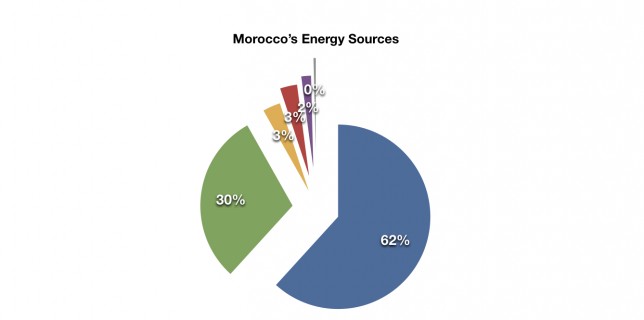Why Study Economics? Interview: Layth Sabbagh
A few weeks ago I interviewed sophomore and economics major, Layth Sabbagh and got his take on economics. He discussed many aspects of economics that he liked and thought were interesting. We also talked about what pushed him to pursue a degree in economics and how he intends to use this knowledge in the future. Layth grew up in Dubai and lived in Syria for a few years, where much of his family is from. When I asked him about why chose economics, he said that he “likes the social sciences” and that economics “feels less intrusive” than other social Continue reading Why Study Economics? Interview: Layth Sabbagh

